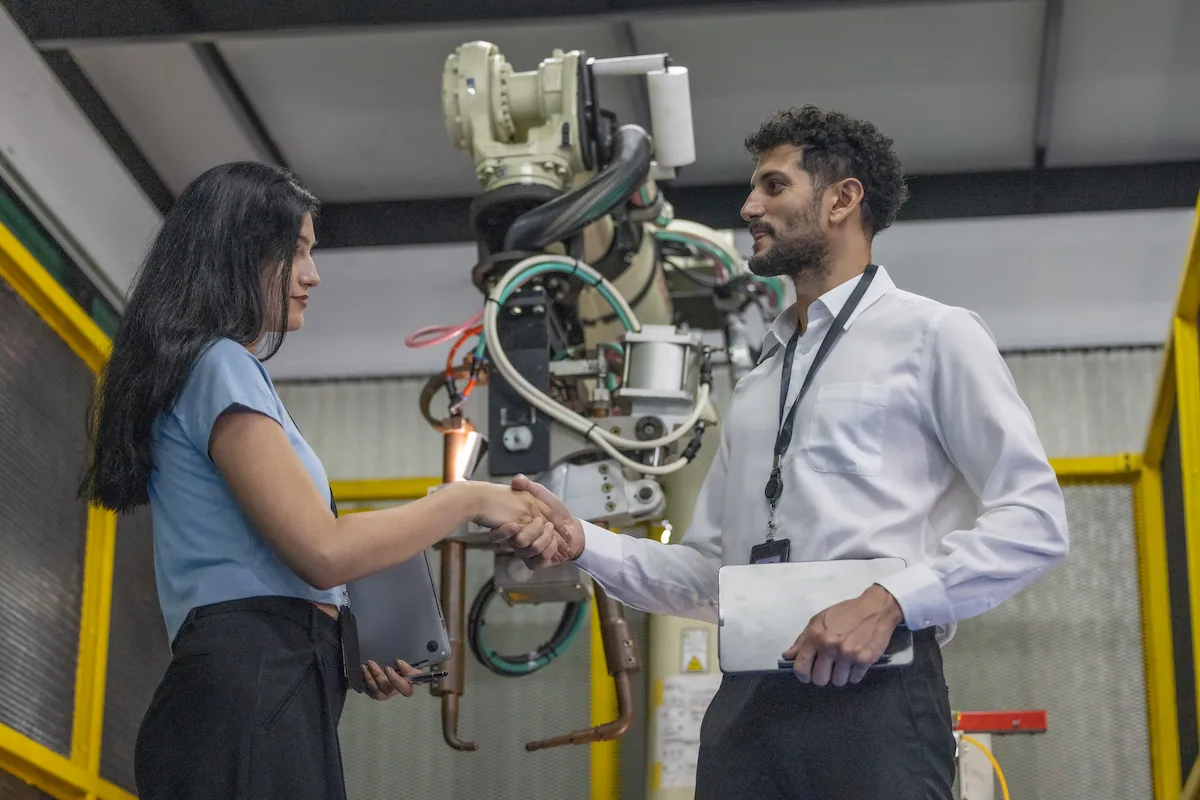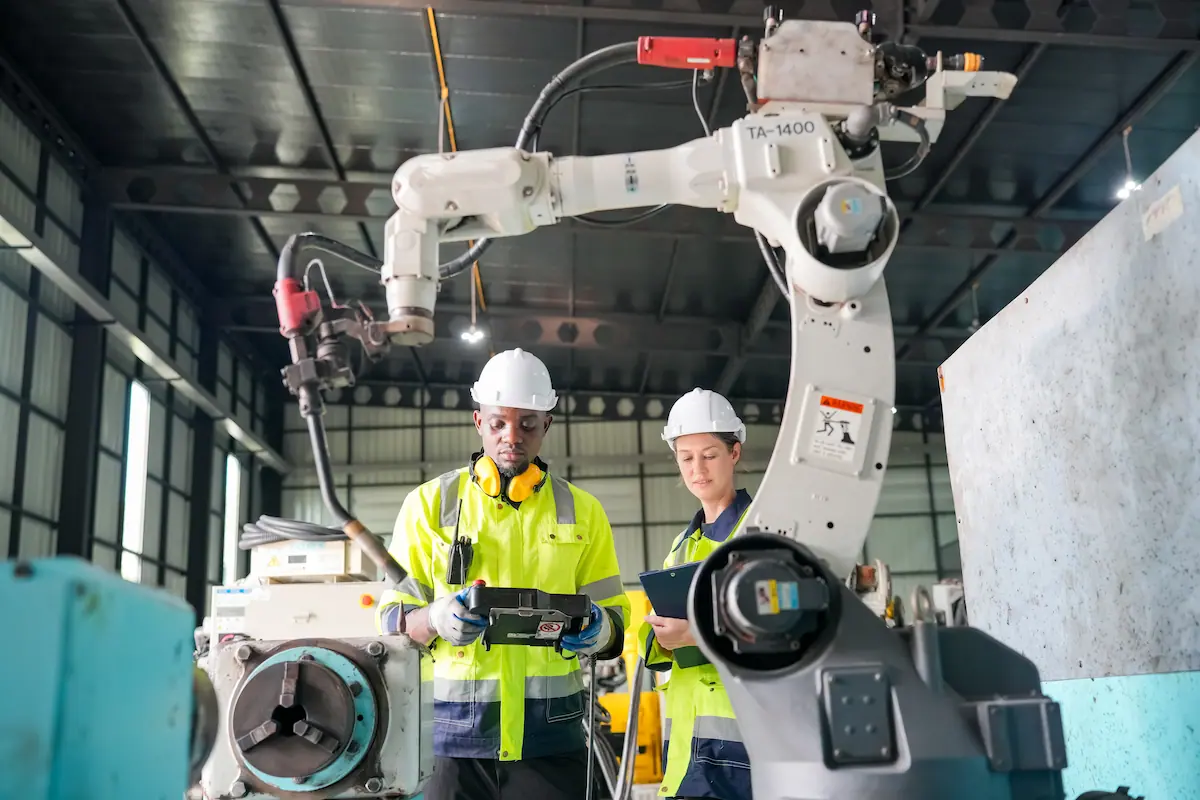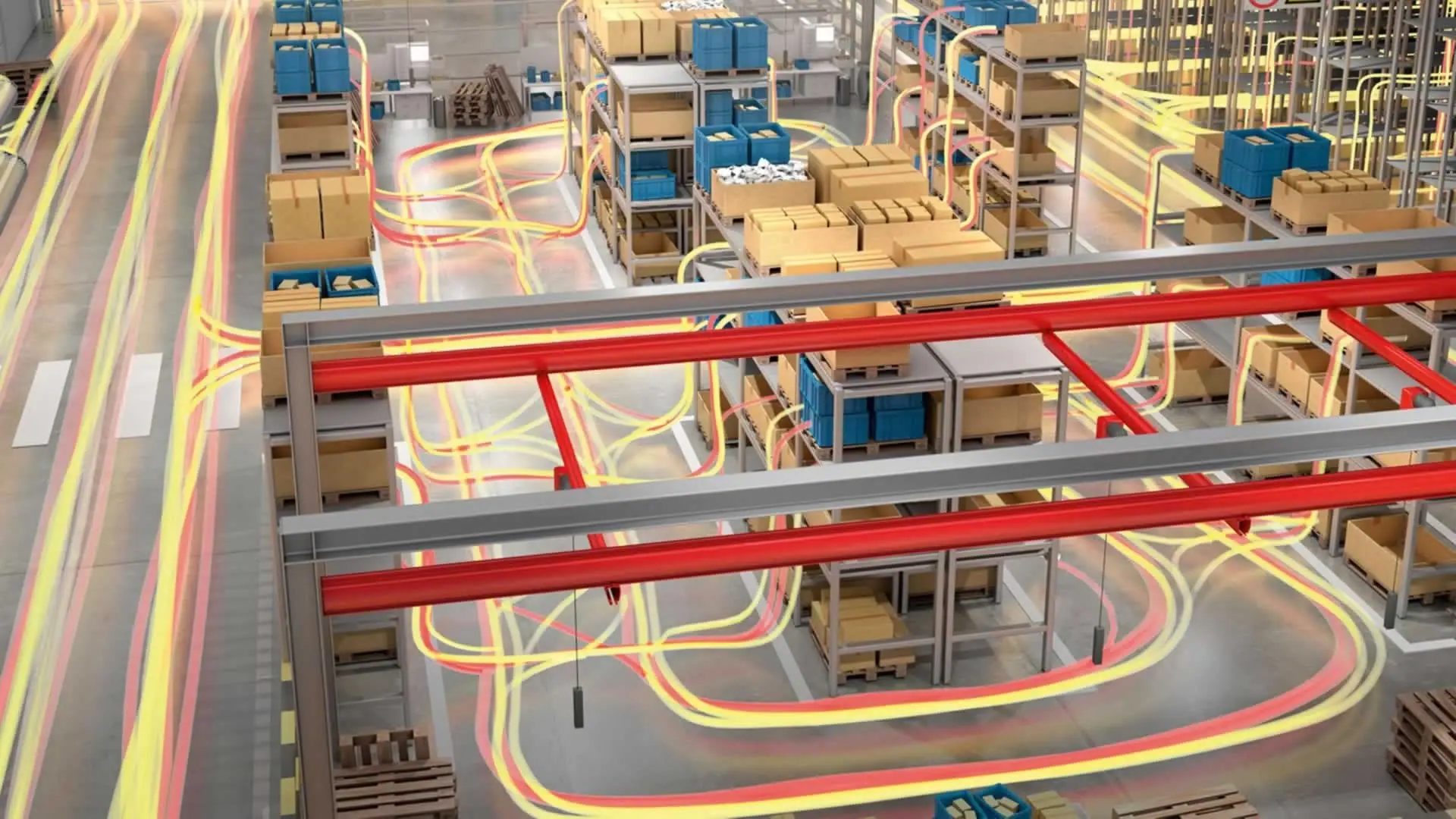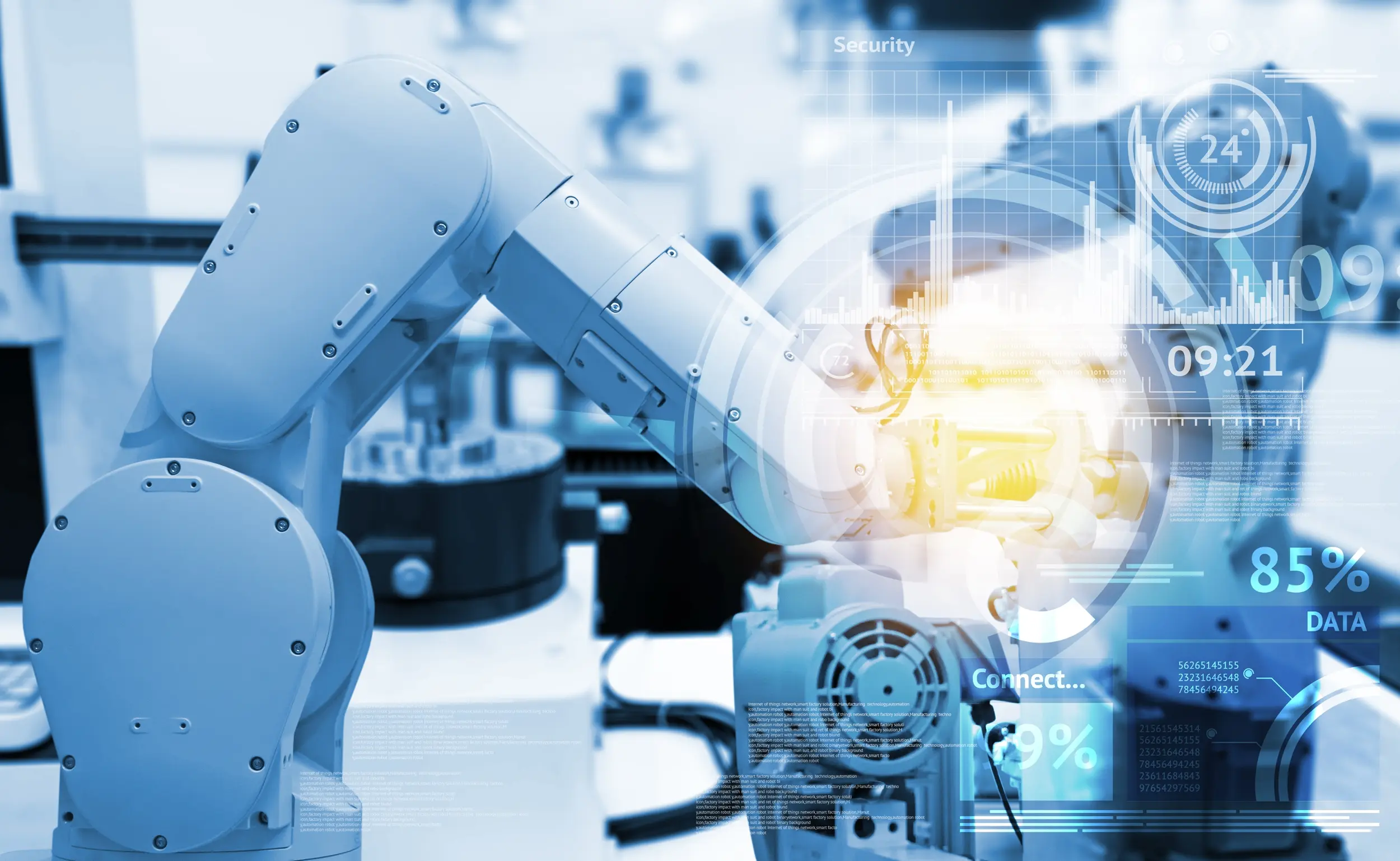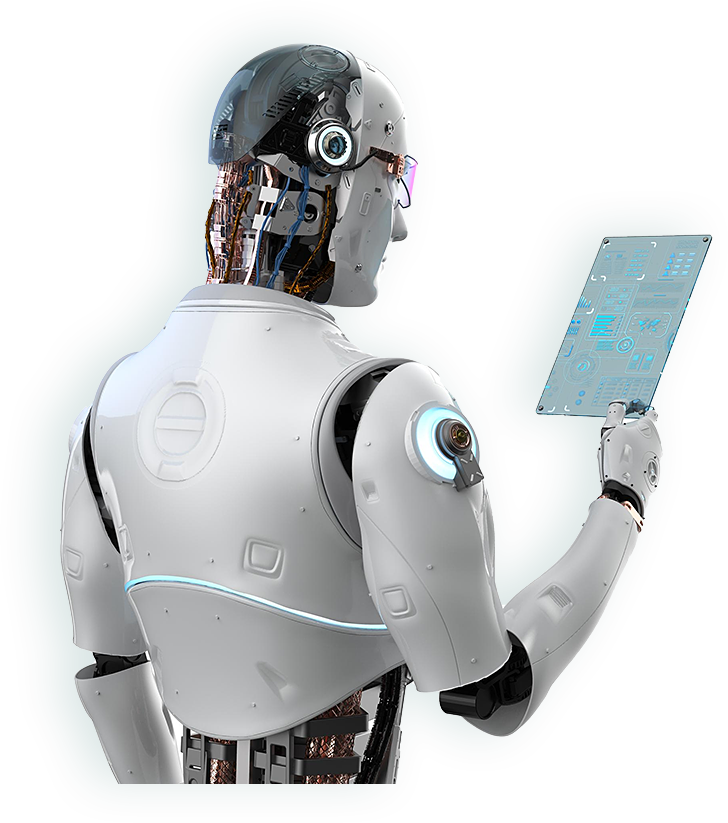Content index
ToggleSimplification, efficiency in productivity, reduction of errors, reduction of costs and increase in safety. These are some of the advantages that theautomation of production processes can produce for companies, e Italian companies have already understood this.
This is demonstrated by the data published in two different studies conducted by the research agency OnePoll, in 2019 and 2022, commissioned by Reichelt Elektronik, one of the largest European online distributors of electronics and IT technologies.
What emerges from the comparison of the two studies is the constantly growing trend for Italian manufacturing companies that increasingly rely on collaborative robotics.
Today the companies that exploit the advantages of these innovations amount to 82% of those interviewed, compared to 69% detected in 2019.
Data collected by Reichelt Elektronik and OnePoll in 2019.
Research conducted in September 2019 on a sample of 100 Italian companies already highlighted how the demand for automation within companies was growing, suggesting that it could be one of the main trends of 2020.
Already in 2019, according to data collected by OnePoll, 69% of the companies interviewed declared that they were planning to purchase new technologies and planned to increase the level of automation over the next 12 months, while more than half of the surveyed sample used robot time in different roles.
Among the main factors, which the research revealed as determining factors in companies' choice to automate their production processes thanks to robots, there were, in detail:
- Increased productivity (declared by the 54% of the companies interviewed);
- Reduction of errors (declared by 39% of the companies interviewed).
This shows how companies have long understood the fundamental contribution that automation makes, especially with regards to reducing costs and time spent on repetitive activities.
Among the companies interviewed in September 2019, and specifically among those that had already adopted robotic solutions for automation, the non-negligible persuasive element of safety.
The 55% of them had in fact declared that they had focused on robotics mainly to guarantee greater protection and safety for their employees, avoiding activities that were dangerous to their health and physical safety.
2022 research and the success of collaborative robotics
Collaborative robotics it is human-machine interaction at an unprecedented complementary level. Italian industries have also understood this well, enthusiastically welcoming an innovation for the automation of their production processes that breaks down the limits of classic robotics.
Unlike classic industrial robots, in fact, i Cobots (collaborative robots) are designed to work synergistically and, therefore, in close contact, including physical contact, with humans. Classic robotic lines, for safety reasons, instead work behind fences or barriers and, despite everything, do not guarantee the same level of safety and efficiency.
An example is certainly our revolutionary todrobot TR1, Cobot equipped with 3D viewer and On Board AI, which makes it capable of interacting autonomously with the surrounding space.
Collaborative robotics is therefore certainly a sector in which to invest.
This is demonstrated once again by the data collected by OnePoll and Reichelt Elektronik research which, in 2022, went beyond the work conducted 3 years earlier, interviewing a sample of over 1,500 companies in the manufacturing sector, of which 250 on Italian territory, on theme of collaborative robotics.
The 32% of manufacturing companies says they currently use cobots; the 28% of the respondents, however, plans to implement collaborative robotics within the next 12 months.
This is the most relevant data which adds to the others, photographing a context of consolidation of the trend expected in 2019.
The reasons for such an accelerated penetration of robotics among Italian companies are always specified in the research results and mainly concern efficiency and competitiveness.
The 46% of Italian manufacturing companies responding to the survey stated that the use of robots allowed them to increase company competitiveness, outlining a scenario in which 82% of respondents declare that they use robotics and have confidence in it.
A figure that increases even more if the investigation is limited to small and medium-sized Italian manufacturing companies. Among those that have between 50 and 249 employees, well 90% said it has already implemented a robotic automation process.
Other interesting data emerging from OnePoll research also gives a picture of the main activities for which companies use robots:
- production (55% of companies);
- preparation of materials intended for production (48% of companies);
- warehouse logistics or packaging operations (46% of companies).
Finally, there is a 57% of survey respondents who said they rely on robotics to relieve employees of physically heavy and challenging, or repetitive tasks (49%).
Spot on predictions.
«Thanks to automation and robotics, many tasks will be able to be performed more quickly and efficiently. Despite many challenges, we are convinced that the automation process and the use of robots will be confirmed as the main trends of 2020. The market is developing very quickly and more and more solutions are accessible even for medium-sized companies."
Thus commented Tobias Thelemann, Product Manager of Reichelt Elektronik, following the publication of the data emerging from the research commissioned from OnePoll.
A prediction which, in light of the results of the research conducted in 2022, proved to be completely correct.
«Robotics has made enormous progress in recent years, becoming smaller, more compact, intelligent and above all versatile. Cobots, in particular, are welcomed by small and medium-sized businesses due to their flexibility, supporting them to increase their productivity."
These, 3 years after the previous declarations, are the words of Tobias Wölk himself who therefore did not fail to recognize the great role of collaborative robotics in the affirmation of this trend.
«Cobots – concluded the Product Manager of Reichelt Elektronik – offer companies a wide range of opportunities, supporting employees in the challenges imposed by production today».

